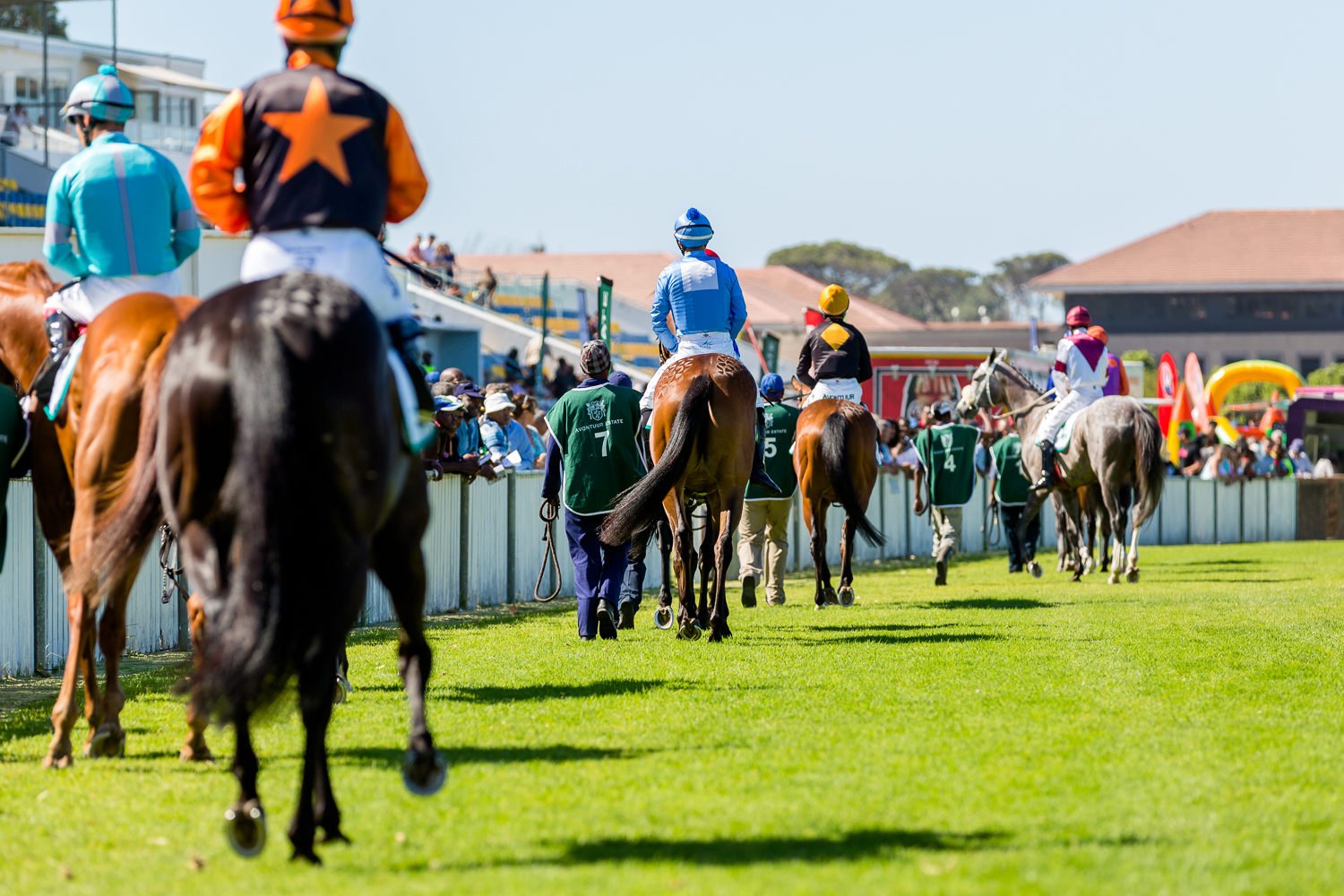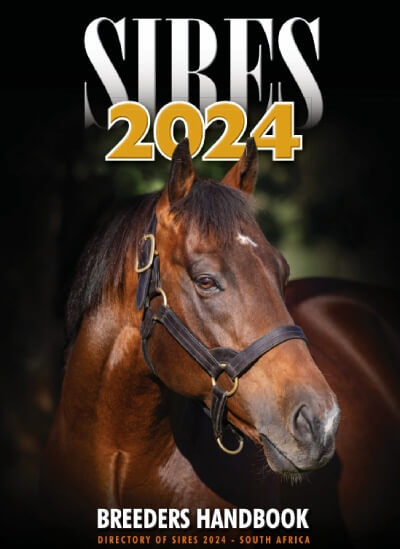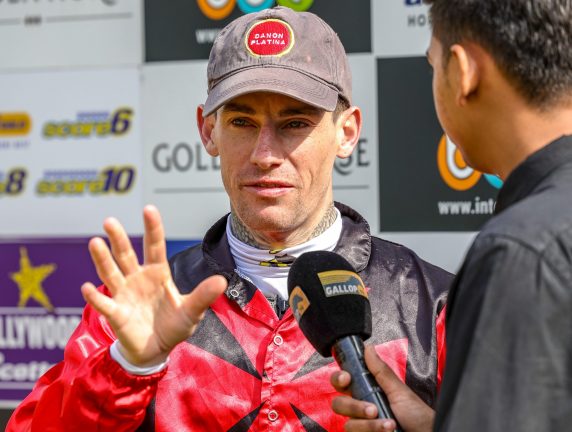I had been arguing with a Facebook acquaintance about racing.
It was just after the Grand National and the welfare folk had taken their usual opportunity to take their usual pot shots at racing with all the usual accusations of how awful we all are and how little we care about our horses.
An acquaintance had shared an ‘anti’ article on their page, adding some unflattering comments of their own.
I usually leave things like that alone, because I know trying to convince them otherwise, no matter how factual or well-reasoned, is entirely pointless, but on this occasion I couldn’t help myself.
I pointed out (politely) that the article was a bit one-sided and tried to explain that there was another side to the story, that in some respects racing does try quite hard and that there is in fact quite a lot of love and care if you look in the right places. But I suppose it’s a little like that Roald Dahl quote about magic – those who don’t believe in it, will never find it.
Despite my best efforts to explain about whip reform and injury databases and aftercare initiatives, the acquaintance remained unmoved. They stated flatly that their sister had worked in racing and ‘there was no other side’ to our industry. And that, as far as they were concerned, was that.
It’s been eating at me ever since. And then came the Medina Spirit issue. And then the Panorama expose. And it all felt a bit depressing.
So I’ve been discussing the subject with other racing folk, because yes, of course there are the bad apples and the bone-numbingly discouraging days, but I am equally as equivocal that racing has that other side because I see it so often. And every time I do, it knocks my breath away with the sheer bloody magnificence of the human spirit. And life recently handed me some on a plate.
My phone beeps. It’s a voice note. “So, do you want a story?” It’s my friend Kim, an ex-jockey and lifetime racetracker, who divides her time between morning gallops and wherever the horses call her. She is breathless and half laughing and half crying and entirely emotional. “I’m going to give you a story.”
Kim’s Story
It starts on a stud farm with a girl named Tanya, one of those young girls from one of those equestrian colleges who will hopefully eventually go on to be one of our stud staff of the future. Kim had been one of her college instructors a few years ago and they had stayed in touch. No season is easy, but this one seemed particularly difficult and Kim had been at the end of the phone for a lot of it. “One of Tanya’s favourite mares went into labour,” she continues. “The front feet presented normally, but the head didn’t follow the way it should. It turned out the foal’s back legs were presented incorrectly. They couldn’t correct it in time and lost the mare. But by some miracle, the foal was still alive. My student cut the foal out and resuscitated it. It shouldn’t have lived, but it did. They bottle fed it for a few days until they managed to get a foster for it. Anyway, so it made it to Nationals!” beams Kim.
Although time had passed and Tanya had left the stud farm, it’s the sort of ordeal – and horse – that crawls into a special place in one’s heart and doesn’t leave readily. Knowing Tanya was now living in Joburg, one of the stud grooms called from the sales grounds to say nobody had looked at it. In desperation Tanya started phoning everyone she knew, pleading ‘Please somebody go and look at this horse. We resuscitated it and it shouldn’t have lived, somebody please go and look at it’.
Enter long-standing racing patron Richard Fitzgerald, who has been in racing since he was a schoolboy. Richard is now 67 and wheelchair-bound, but remains as enthusiastic as ever. As he is a patron of the Garth Puller yard and owns a horse named Toothless from the same stud, he instructed Garth to go and have a look. They liked the pedigree and physical type. The colt had sustained a superficial hock injury on the float, so they figured he might not attract the same attention as some of the horses from the bigger name vendors. As it turns out, they figured right.
The colt stepped into the sales ring to an indifferent reception and despite the best efforts of the auctioneer, nobody raised their hands. He was just about to tap his gavel and pronounce the horse not sold, when Garth put his hand up and Richard had himself a new horse.
The final piece of the puzzle came together thanks to another set of Puller yard patrons who knew Tanya from her stud farm days and knew story of the little colt she had saved. When they realised this was the same horse, they relayed the story to Garth and Richard, who immediately tracked down Tanya (who had been hiding at the sales grounds) to say they were so moved, they wanted to offer her the opportunity to name him.
“I’m so proud of her. I’m so proud to call her my student,” says Kim all in a rush. “She even drove to Germiston before he went on the float to go to his new home. And the stud owner was actually there and everyone was reconciled and it’s just such a nice story.”
“Please write it, please do because we all have these little stories. All of us who’ve worked in racing. We’ve all got them. They’re not the ones that hit the news, and they should. And I’m very, very emotional right now, but if you want to have a nice racing story, there’s a nice racing story for all the haters.”
True Colours
She’s right, you know. We should write these stories. Because while we celebrate and commemorate our big sale results and our big race results – and rightly so – those are our ‘Sunday best’ moments. They are the carefully curated, airbrushed, highlights reel that we present to the outside world. Yes, time and resources – and racing writers – are limited so one has to focus on the big stuff by necessity, but the problem is that it tells such a tiny part of our story. And if that’s all people see, I suppose it’s easy to take that at face value and make the assumption that that’s all there is to it.
But I suppose that’s easier to understand than all the time and effort and blood, sweat and tears that it takes to get there which you cannot possibly capture in a single photo, let alone begin to explain to the uninitiated. How do you possibly explain it to someone who has never had sleepless nights planning a mating, waited months for a special foal, helped a mare through a difficult birth, breathed life into a sickly foal, nursed skew legs, snotty noses and all manner of set-backs. Scoured a sales catalogue, felt legs, measured winds, kept poker-faced to get the one you want. Waited months for your horse to grow and develop. Been patient with backing and pens training and grass gallops. Agonised over trainers and jockeys, race selections and draws. Seen a glimmer of potential and been disappointed again and again. Or found a special horse that is beset with trouble. Or believed in a foal that should have died, but didn’t and fought for that horse to have a chance.
It’s an endless series of challenges and set-backs, met and overcome and having to find the courage and the energy to try again the next day. And all of this – to a greater or lesser degree – goes into every single horse, most of which will never trouble the judges.
The fact that only 3% of foals will ever rise to stakes race glory and trouble the racing scribes – even peripherally – tells you just how tiny and shows how much happens behind the scenes and how much goes unsaid.
So when the racing gods deign to smile on you and grant you victory over adversity and all that work is rewarded and you find the hallowed ground of the winners enclosure, it means a lot. A helluva lot. Which is why we – rightly – celebrate those moments so much.
But if people judge us just on that, well, they really don’t know us at all. Because it’s the small victories – happening off camera and behind those few remaining fragments of text in the racing pages every single day – that show who we really are.
Who We Are
Who that is is difficult to explain exactly, but one knows it when you see it. I found a great example while flicking through the pages of an old copy of the Thoroughbred Times. They used to hold an annual Fiction Contest and I have been re-reading some of the winning entries.
This particular one was a runner-up in 2004 and was penned by Danny L Talbot from Utah. It chronicles the tale of a City-slicker who reluctantly relocates to the country so that his wife can pursue her dreams of being a racehorse trainer. They arrive in the depths of winter and the City-slicker is miserable about the cold, questioning the move and, with his wife’s obsession with horses, possibly even the marriage. He decides to take a walk and ends up taking shelter in a neighbour’s barn, where he finds an old horse and ends up having an unexpected conversation with Sam, the gentleman who owns her.
“Not everyone likes to be out in this weather,” he said. “Too bad. They miss a lot.”
I had a feeling that Sam expected me to know what it was people missed by not walking in weather like this.
“True, they do miss a lot,” I said, thinking to myself that cold feet might be one thing. “There aren’t many places like this anymore.”
“There are plenty of places like this, and times. Only, people don’t see them. No time for magic any more. No time for enchantment. They don’t take time. The problem is Descartes.”
“Day who?” I asked, not sure that I heard him correctly.
“Descartes, the philosopher. Started the ‘Age of Reason.’ Said people’s minds are filled with reality. No room for magic. No room for enchantment. Everything has a cause and an effect. Science. Linear logic. What nonsense. The crazy part is how we all just took to it.”
Doesn’t that hit you right between the eyes?
A friend recently wrote one doesn’t necessarily know where stories come from. But sometimes you do. In my case, most of the time, those stories come from the place which, in my humble opinion, makes our crazy racing world go round – human kindness and good old fashioned blind hope. Like the one above.
One likes to think that this will have a fairy tale ending with the horse becoming a champion and everyone riding off happily into the sunset, and if it does, I’d like nothing better than to write that story, but we all know life isn’t fair and all things aren’t equal.
The colt may be perfectly ordinary. He may never win a race. Heck, he may not even make it to the track. But thanks to some pretty fantastic people, he’s made it this far. And that’s something.
As a friend of mine wrote recently, “More of those fleeting ‘feel good’ moments are what’s needed today – in everything. They’re priceless, they can’t be planned, and yet, it’s about making them happen and last. That’s the trick. That’s the magic.” And with everything else that’s going on in this crazy world at the moment, it was good to be reminded.
Saying racing is cruel doesn’t make it cruel. Saying racing people aren’t horsewomen / men doesn’t mean they aren’t. We should say that more often, even if it’s only to ourselves.
What I like best about horse people, and racing people in particular, is that despite the haters on Facebook and despite Descartes and the odds and the science and the linear logic, they will repeatedly abandon sense, sleep and safe accounting practice, risk life, limb, relationships and about a hundred other things to put themselves on the line again and again because they stubbornly believe in magic.
This is not my story, but I feel blessed that it was told to me and it’s something I’ll be able to warm my hands on for some time to come. As they say, sometimes it’s the little things, but sometimes it’s the half ton 16hh big things.
For best results, I recommend a bit of both.










